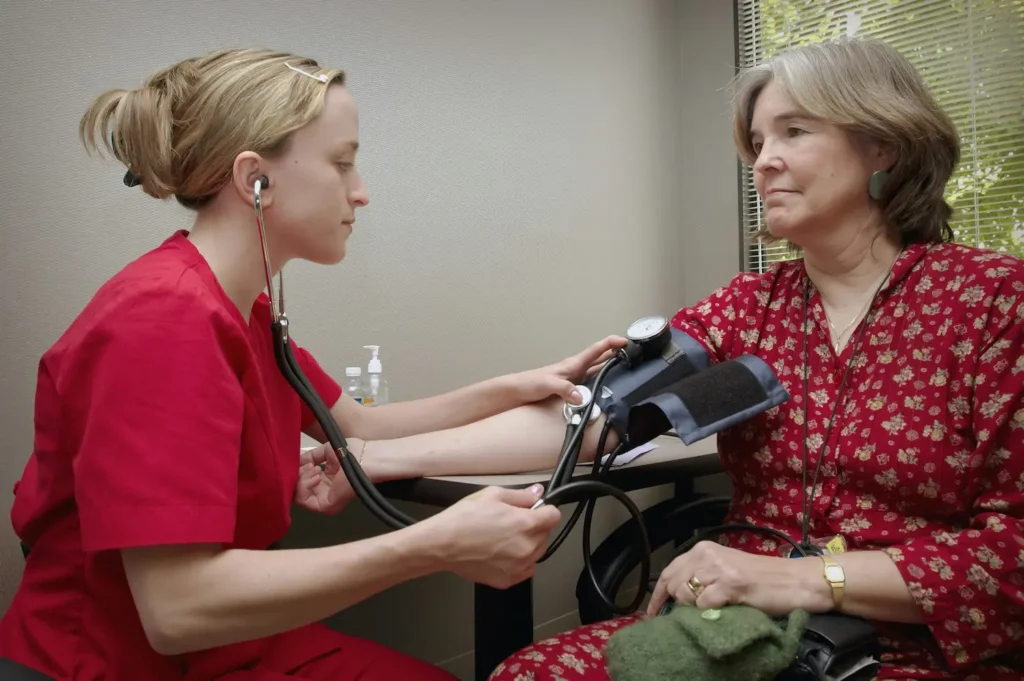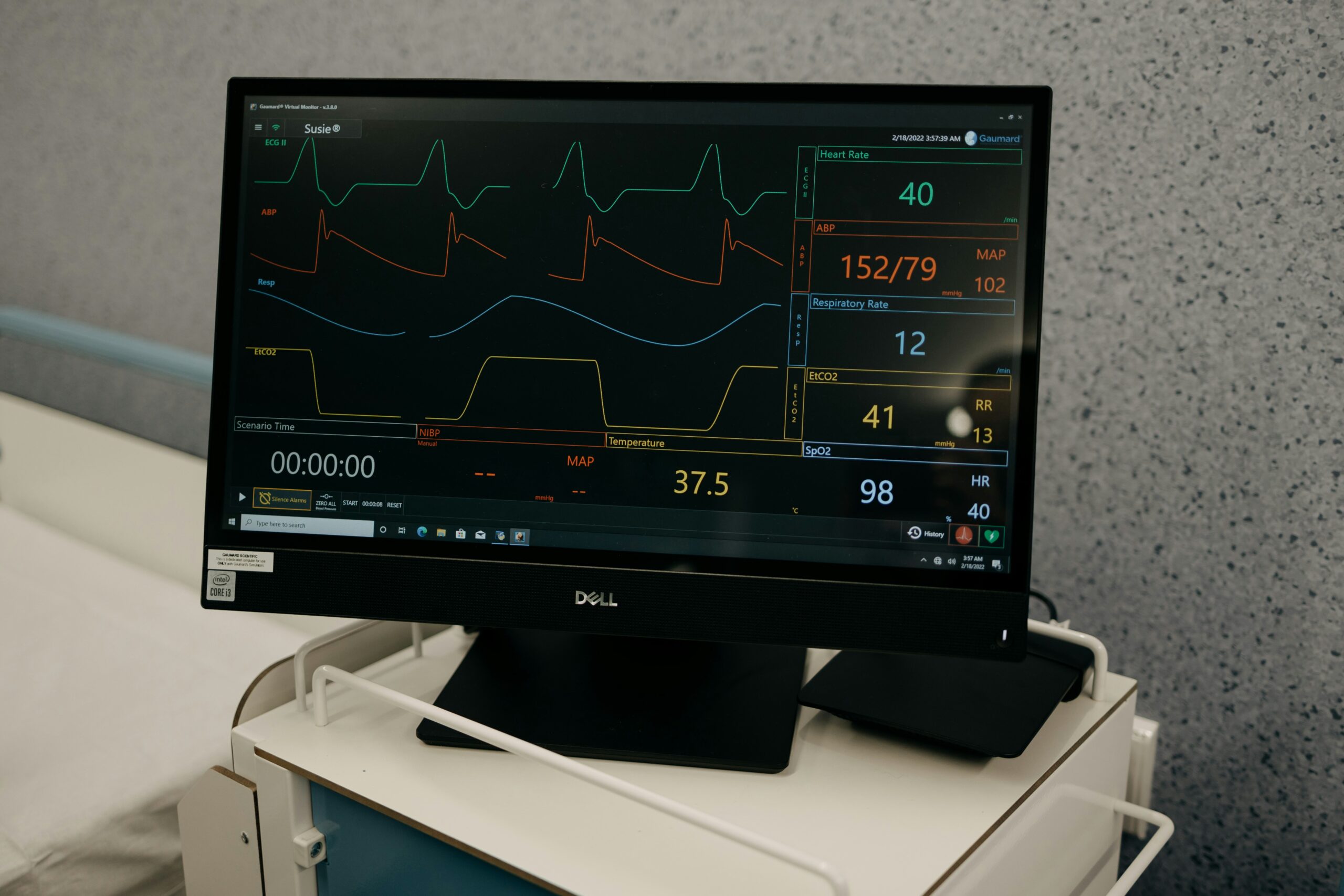If you have ever been to the doctor for a checkup, you have probably had your blood pressure and pulse checked. These two numbers give your doctor important information about your cardiovascular health. But what do they mean?
What is blood pressure?
When your heart beats, it pumps blood through your arteries to the rest of your body. This force is called blood pressure. Your blood pressure has two numbers: systolic pressure and diastolic pressure. Systolic pressure is the top number and measures the force of your blood as your heart contracts and pumps blood. Diastolic pressure is the bottom number and measures the force of your blood as your heart relaxes between beats. A normal resting blood pressure is 120/80 mmHg. It is good to understand what different blood pressure readings mean.
What is a pulse?
Your pulse is the number of times your heart beats per minute (bpm). A regular resting pulse is 60-100 bpm. Your pulse can be affected by factors like exercise, stress, anxiety, certain medications, and more.
Low Blood Pressure
If your systolic blood pressure is below 90 mmHg or your diastolic blood pressure is below 60 mmHg, you have low blood pressure. While low blood pressure itself isn’t necessarily bad, it can be a sign of an underlying problem. For example, low blood pressure can signify dehydration or an infection. Suppose you have low blood pressure and are experiencing symptoms like lightheadedness or fainting. You should see a doctor immediately, as it could signify a more severe problem like arrhythmia or heart failure.
High Pulse
If your pulse is above 100 bpm, you have a high pulse. Just like with low blood pressure, an increased pulse isn’t necessarily a cause for concern—it can be affected by factors like exercise or anxiety. However, suppose you have a high pulse and are also experiencing shortness of breath, chest pain, or dizziness, it could indicate an underlying condition, and you should see a doctor.
What Does It Mean If I Have Low Blood Pressure and High Pulse?
Suppose you have both low blood pressure AND a high pulse (a condition called tachycardia). In that case, it could indicate an underlying cardiovascular issue such as heart failure or shock. Suppose you have other symptoms, such as shortness of breath or chest pain. In that case, you should seek medical attention immediately, as this could signify a heart attack. If you don’t have any other symptoms but are concerned about your low blood pressure and high pulse, make an appointment to see your doctor so they can rule out any underlying cardiovascular issues.
Monitoring your blood pressure and pulse is essential for maintaining good cardiovascular health. There are a lot of factors affecting the health of the heart. It is a good practice to see a cardiologist or a general doctor at least once a year and have your ECG taken. To have a healthy heart, you should exercise, eat healthily, stop smoking and follow a daily routine.



